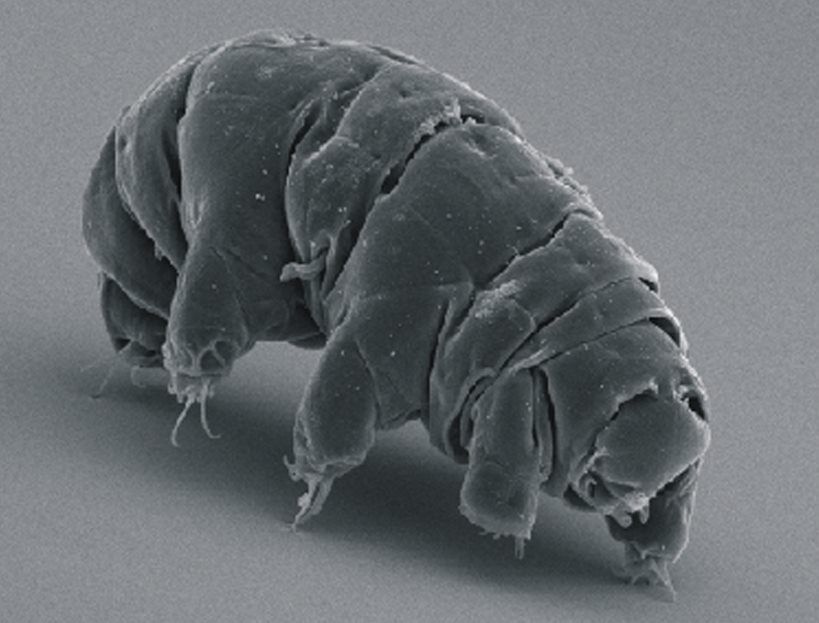
Scientists have figured out the puzzle of non-conservatives
Scientists have solved the mystery of non-corporea
Sporrels are very small creatures, no more than 0.2 mm in size. They live almost anywhere, but are most likely to inhabit aquatic or humid environments. They are also called water bears. But they are best known for their ability to survive under almost any conditions.
The nonsporrels are considered to be the most resistant creatures to external conditions. They can survive in extremely low temperatures. They can withstand pressures of more than 6,000 atmospheres. They will do without water for almost 100 years. And they are the only form of life known to us, whichóThey have survived in space.
Despite their amazing abilities, we know very little about them. It’s only now that theóResearchers in Japan have shed some light on their amazing abilities by studying their genome. Non-human sponges have developed a number of unique strategies to escape death’s grasp. One of them is the production of a unique protein thatóre allows inhibition of DNA damage and increases tolerance of comóto X-rays.
But what’s most interesting is that a protein found in nonsporrelsócalled Dsup, also operates in human comórkach. The compound implemented into human comóIt may make us more resistant to radiation, which is not insignificant when it comes to travelóthat cosmic. There are certainly more applications.
In addition to the unique protein, Japanese researchers have found several other solutions. The genome of a nonchorchidócontains 16 copies of the enzymeóin antioxidants, while most animals have only 10. The sponges also have four copies of the geneóin, whichówhich are responsible for DNA repair, the so-called. MRE11. In other speciesóthere is usually one copy.
